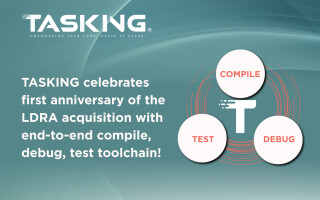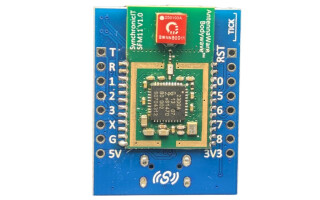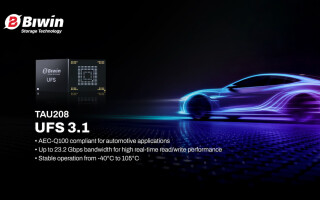Researchers Find Higher Energy Efficacy with a Directional Antenna and Beam for WRSNs
November 23, 2022
News

The need for wireless rechargeable sensor networks (WRSNs) is a must with Smart technologies taking over everything from our homes to our transportation. WSRNs are ideal for military and ecological disaster applications amongst others.
Scholars from Chung-Ang University, Korea, created an energy-efficient adaptive directional charging (EEADC) algorithm that respects the mass of sensor nodes to either select a single charging or multicharging cluster. Professor Sungrae Cho, from the School of Computer Science and Engineering, Chung-Ang University says, “Using this algorithm, the charging efficiency can be significantly increased by using a directional antenna and a directional beam for charging the sensor node, and sensors located close to each other can be efficiently charged at the same time.”
The EEADC algorithm has been tested to be more economical than K-Means algorithms utilized in most Monte Carlo (MC) clustering processes. This approach contains the charging point, beam direction, charging power, and charging time. Researchers utilized a discretized charging strategy decision (DCSD) algorithm for multicharging clusters to solve the non-convex optimization problem. Divided in subproblems, the charging points are achieved by solving one subproblem as the DCSD chooses which point is running at the lowest power.
For more information, and to read the scholarly article, visit here.





